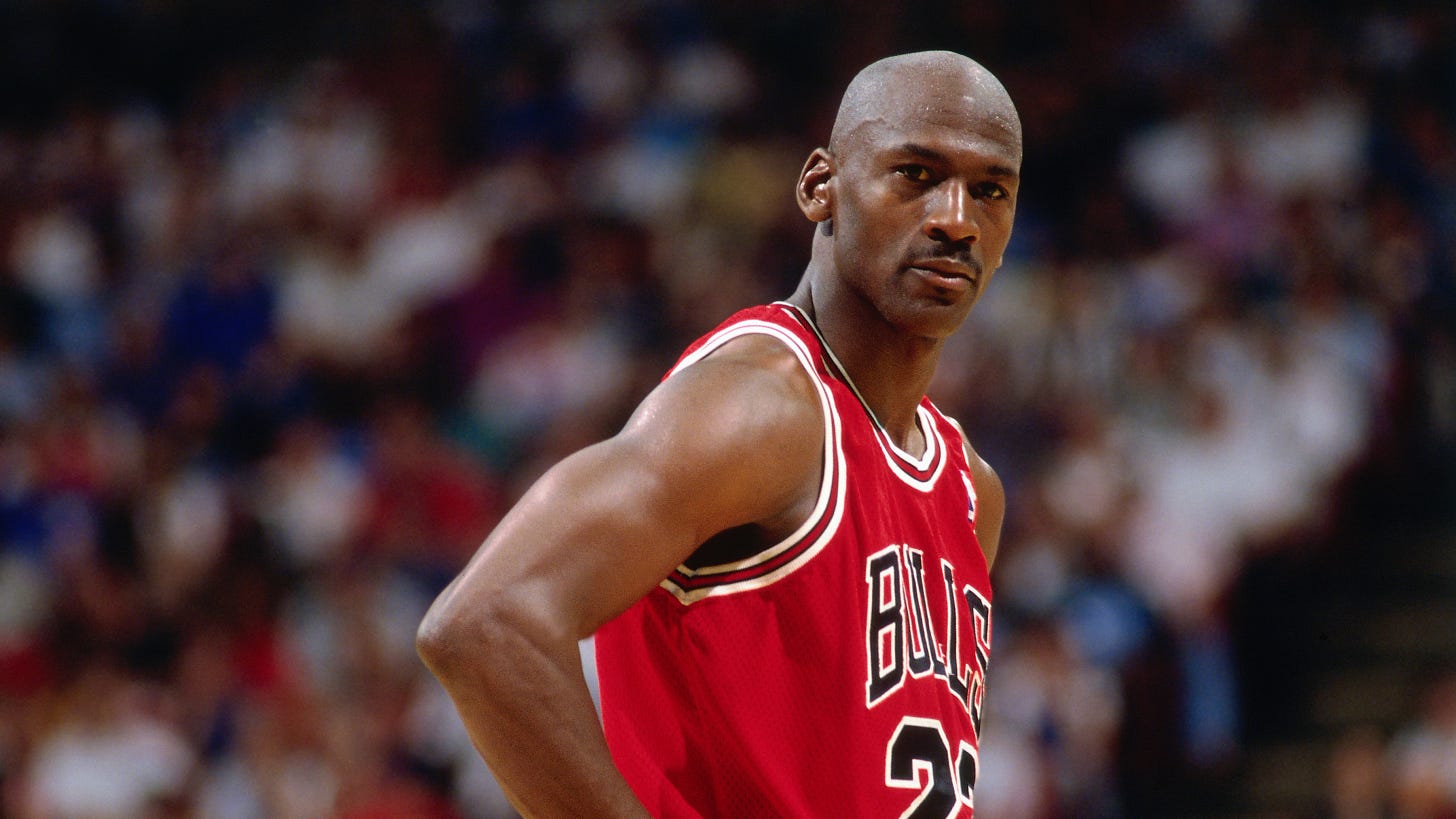Michael Jordan, one of the greatest basketball players of all time, lost a staggering 366 games during his illustrious NBA career. But here's the thing—his few good wins overshadowed a whole lot of losses. Similar to how MJ realized his game needed refinement when he kept getting to the playoffs and losing, Eric Ries' book, "The Lean Startup," shows us how to refine our businesses to prepare for success.
Lesson 1: Embrace the Pivot
Just like Jordan adapted his game to overcome challenges on the court, entrepreneurs must be agile and open to change in the face of market dynamics. "The Lean Startup" encourages us to embrace the pivot—an essential strategy for success. Instead of doggedly following a predetermined plan, pivot when you see signs that your current approach isn't yielding the desired results.
An example of a pivot in action is Groupon. Initially launched as a social activism platform, it evolved into a daily deals site, riding the wave of customer demand. By being responsive to the market and adapting, Groupon achieved remarkable success.
Lesson 2: Build-Measure-Learn Loop
Imagine if Jordan never analyzed his performance after each game? He wouldn't have been the legendary player we know today. In business, the Build-Measure-Learn Loop is your secret weapon. Instead of diving headfirst into a full-scale product launch, create a Minimum Viable Product (MVP) to gather feedback from real customers.
Airbnb is a perfect illustration of the Build-Measure-Learn concept. The founders built a simple website that listed air mattresses for rent, and by gathering user feedback, they identified opportunities for improvement. Today, Airbnb is a global powerhouse worth billions.
Lesson 3: Innovation Accounting
In the realm of sports, it's easy to measure success with points scored and games won. But in business, traditional metrics like revenue and profit may not always reveal the full picture. This is where Innovation Accounting comes into play. Measure what matters, focus on actionable metrics, and make data-driven decisions.
Dropbox is a prime example of leveraging Innovation Accounting. They realized that the traditional customer acquisition cost was too high for their freemium model. By refining their strategy based on actionable metrics, Dropbox achieved tremendous growth.
Lesson 4: Minimum Viable Product (MVP)
Much like a star player in a basketball team, a business must know its core strengths and deliver value to its customers. The MVP concept ensures you test the viability of your product or service without wasting resources on bells and whistles that may not be essential.
Twitter's humble beginnings as a simple SMS service exemplify the power of MVP. It focused on delivering the core value of short, concise messages, which laid the foundation for its explosive growth into a global social media platform.
Lesson 5: Validated Learning
Imagine Jordan dismissing every missed shot as a failure without learning from it. In business, validated learning is the art of turning mistakes into valuable lessons. By conducting experiments and validating hypotheses, you gain invaluable insights that lead to continuous improvement.
Zappos, the online shoe retailer, harnessed validated learning to build a customer-centric brand. Through experimentation, they discovered the significance of exceptional customer service, propelling them to greatness.
Unleash Your Potential:
As Michael Jordan honed his skills and embraced change to become a basketball legend, entrepreneurs can apply the principles of "The Lean Startup" to refine their businesses and achieve greatness. Embrace the pivot, loop in feedback with the Build-Measure-Learn cycle, focus on actionable metrics with Innovation Accounting, leverage the power of MVPs, and turn mistakes into invaluable lessons with validated learning.
With "The Lean Startup" as your guide, you're poised to disrupt the status quo and conquer the business world. So, go forth with courage, confidence, and a newfound determination to thrive in the game of life, just like MJ did on the court. Remember, stay ready so you don't have to get ready. The play doesn't care who makes it.


